Shirley’s Community Connection
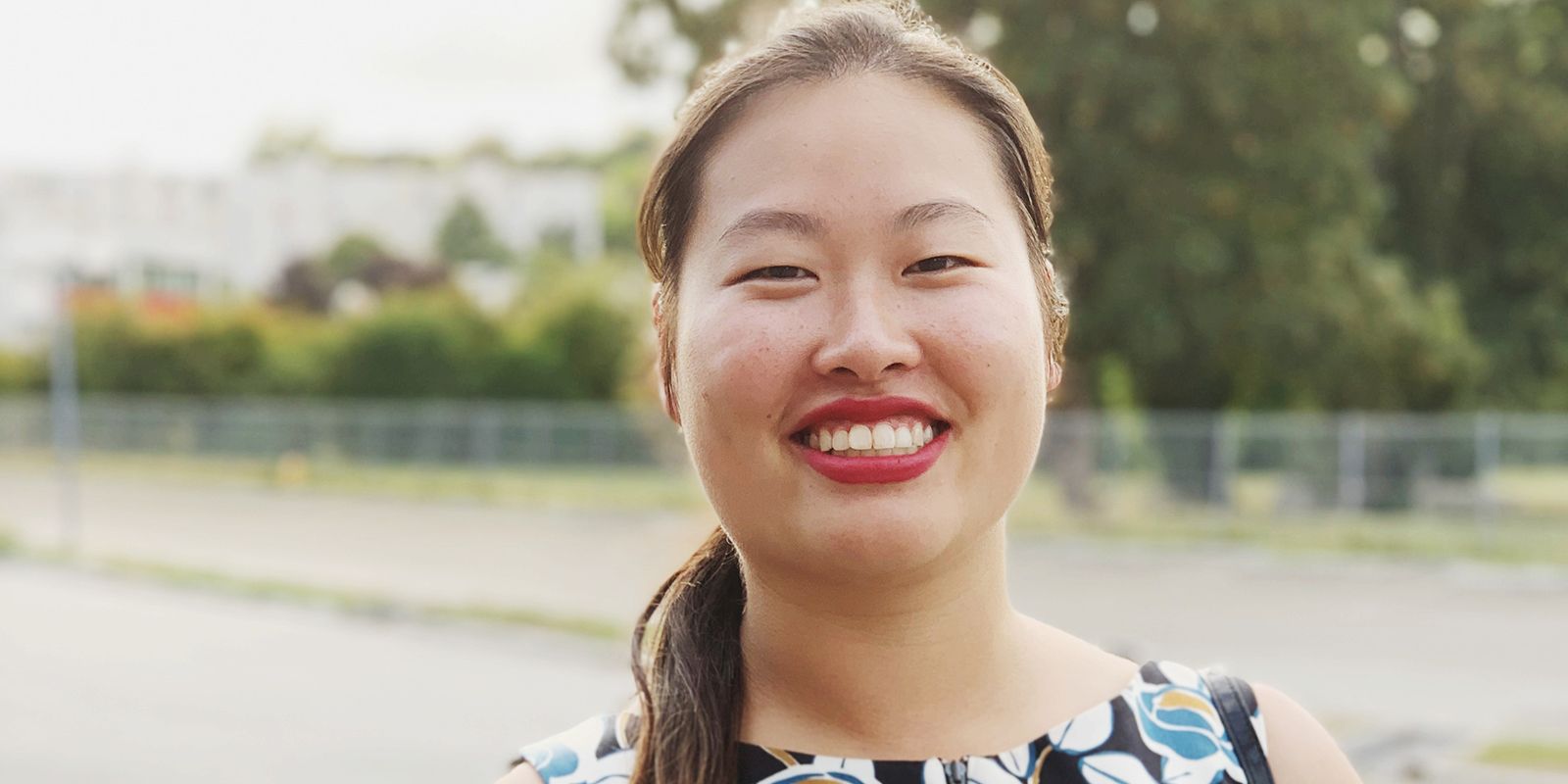
Shirley Liu likes to say she was raised in three cultures – Deaf, Australian and Chinese. Shirley was born in NSW after her family migrated from China. Profoundly deaf since birth, Shirley gained an education in both Auslan and English literacy at Thomas Pattison School in Sydney, where she had access to an Auslan interpreter for all her classes.
These days, Shirley works in a range of roles directly related to the Deaf community, including digital communications, a teacher’s aide as well as her own freelance design business.
“I identify as a proud Deaf person,” says Shirley. “I was raised with three cultures, but I strongly identify with my Deaf culture because of my connection to community, my education and social groups.”
Shirley’s passion for Deaf culture was present from a young age, where she took every opportunity to engage with it.
“I was surrounded by people I could relate to in class and I had teachers who were great role models,” Shirley remembers. “They inspired me and I learned so much from them.”
Shirley admits that early in life her exposure to the Deaf community was limited to school hours, and she wasn’t able to fully grasp the extent and importance of the Deaf community and culture until later in life.
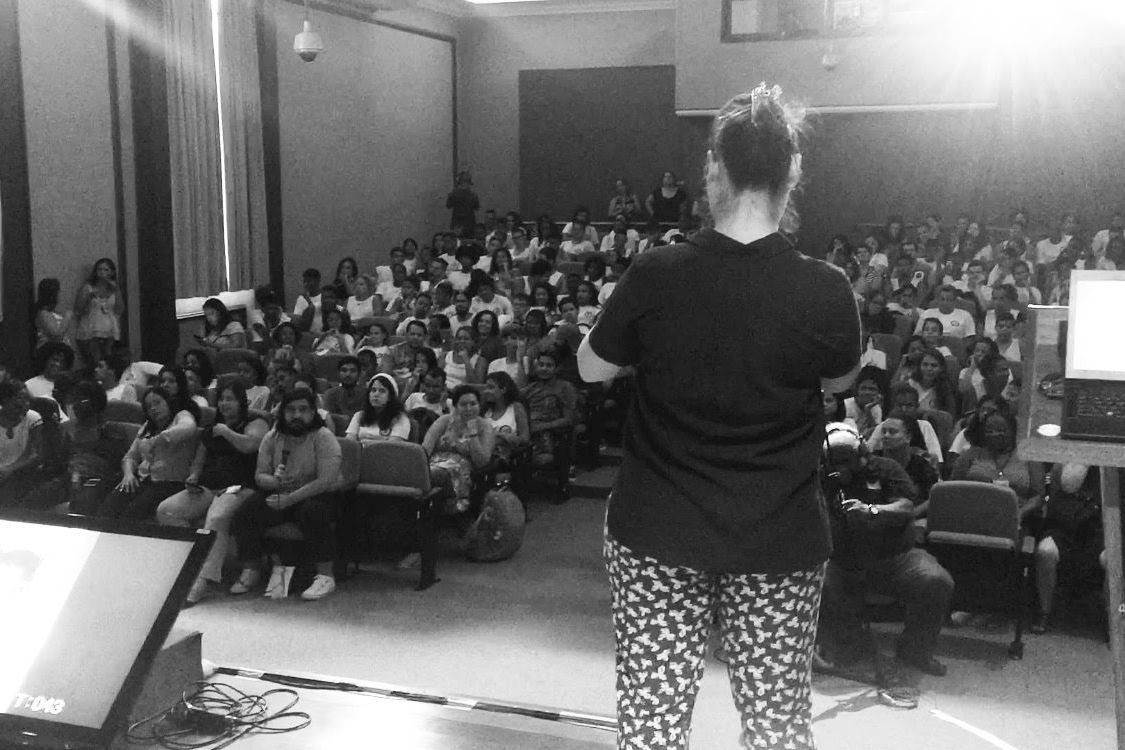
“I didn’t have that exposure to the community early on. My family were very protective and worried about what would happen to me. I am the only Deaf person in my family, and we have no history of deafness. Just like Australian culture was new to my family, so was the deaf world. They were just unsure.”
This experience was formative to the passions and goals that would drive Shirley later in life – wanting everyone to have access to their rights and the ability to achieve. The turning point, Shirley remembers, came when she had turned 18.
“I was asked to be involved in the NSW Deaf Netball team at the Australian Deaf Games in Geelong,” she says. “My parents agreed I could go and it was life changing! I felt so connected and met so many people and it was then I realised the scale of the Deaf community, all in one place, and how I could perhaps make a difference to other deaf people through leadership.”
After this, there was “no turning back” for Shirley, who harnessed her new involvement and connection with her culture to become very active within the Deaf community.
Among Shirley’s range of achievements is her current role as Vice President of the World Federation of the Deaf Youth Section (WFDYS). As an affiliate of the World Federation of the Deaf, WFDSYS’s main objectives focus on advocating for the human rights of Deaf youths around the world and promotes youth leadership through workshops and camps.
“Through my opportunities with WFDYS I have been able to increase my leadership skills, and learn from the current leaders and Deaf Elders. If there is no community, we lose that sense of belonging and shared experiences. We lose the richness of our language and community.”
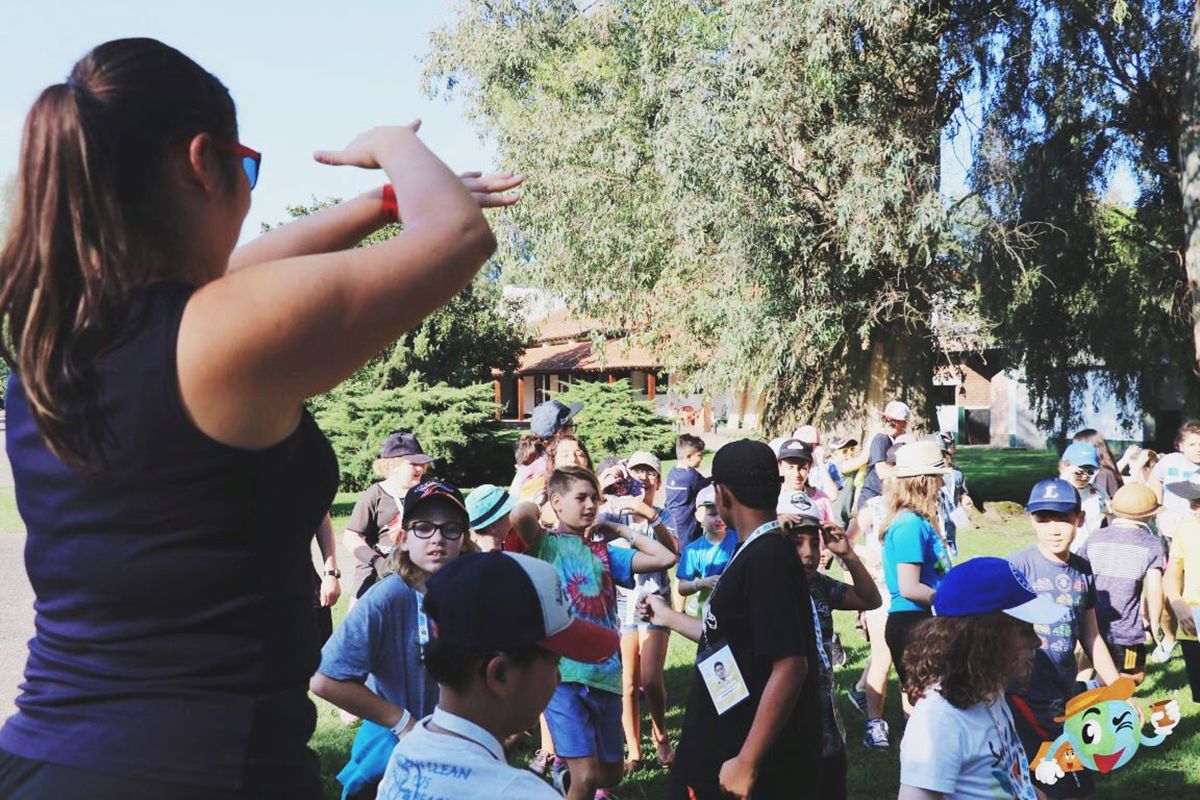
As her stature grew, Shirley set her sights on an issue affecting the community upon which she thought action was long overdue.
“I had always noticed the lack of Auslan access for emergency broadcasts and major government announcements,” Shirley remembers. “It was really frustrating, because there was also no effective advocacy taking place to change it.”
Shirley decided to take action during the summer of 2019, as the bushfire season began early and started to affect more and more of the country. She established the group Auslan Media Access to advocate for the inclusion of Auslan interpreting in live press conferences and on their broadcast.
“In NSW there was update after update about the bushfires, but it took months until we finally saw an Auslan interpreter,” remembers Shirley. “The issue then became about educating the broadcasters, as the interpreter was often being cut out of shot!”
Shirley began commenting on broadcast livestreams, but soon learned that one voice wasn’t enough. In January 2020, amid the worst of the Black Summer bushfires, she set up Auslan Media Access, a Facebook group devoted to advocating broadcasters to include the Auslan interpreter in shot. Nearly overnight, the group gathered thousands of members.
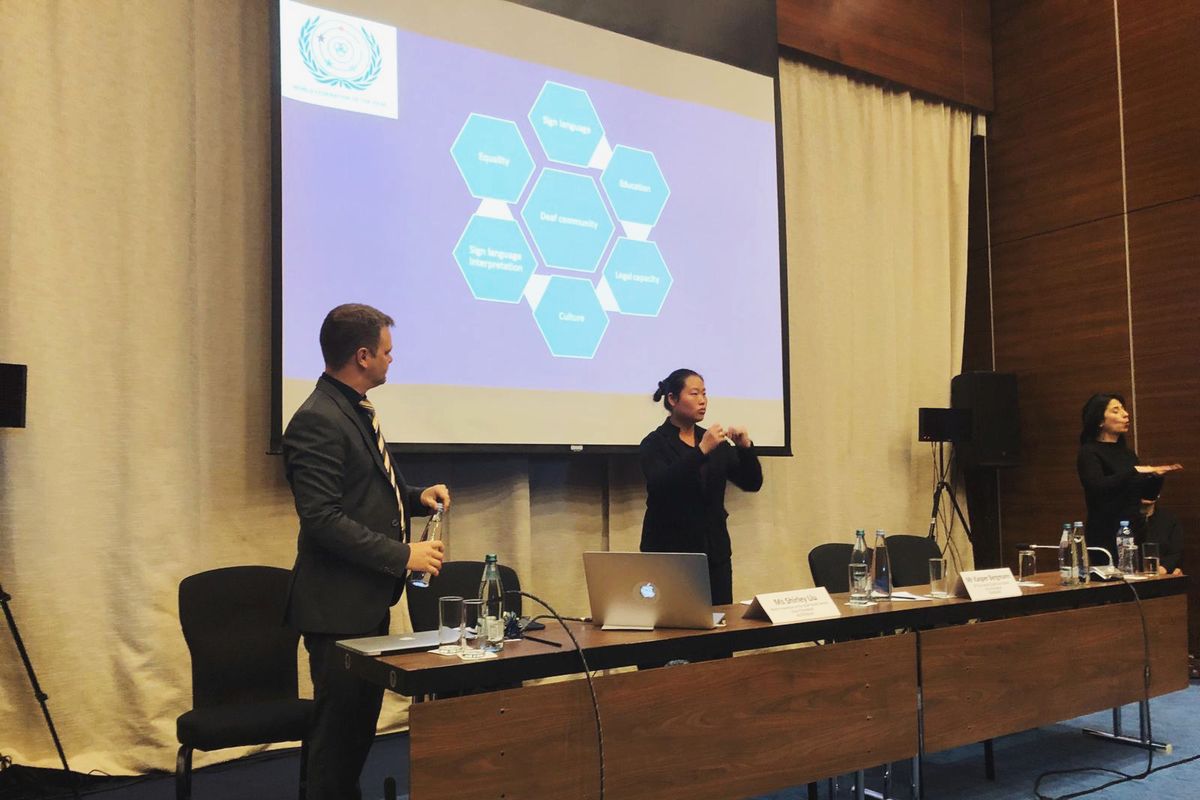
“As a collective, we began advocating,” Shirley says. “Group members commented on media live streams and we began to make some noise!”
As Auslan Media Access began to gather attention, a number of “key stakeholders” jumped on board, and Shirley put her energy into a video campaign, which went viral not only in Australia, but internationally.
“As the global media watched the devastation in Australia, the Deaf community all around the world shared our video for access,” says Shirley. “This helped broadcasters realise how important Auslan access is!
“The barrier we have here in Australia is that Auslan is not a recognised language but with the support of our ally organisations we have seen a change and have seen the interpreter included in the shot. This in turn has given the community more access to information. We have seen a dramatic shift in Auslan access in the media in only a few short years.”
Shirley says that access is not the only positive to come from the formation of Auslan Media Access.
“The community now are more informed and empowered to advocate for themselves. No matter how small or big the issue, advocating for equal access is so important. As much as the world changes around us, the one constant for our community is language and connection. It’s so vital.”
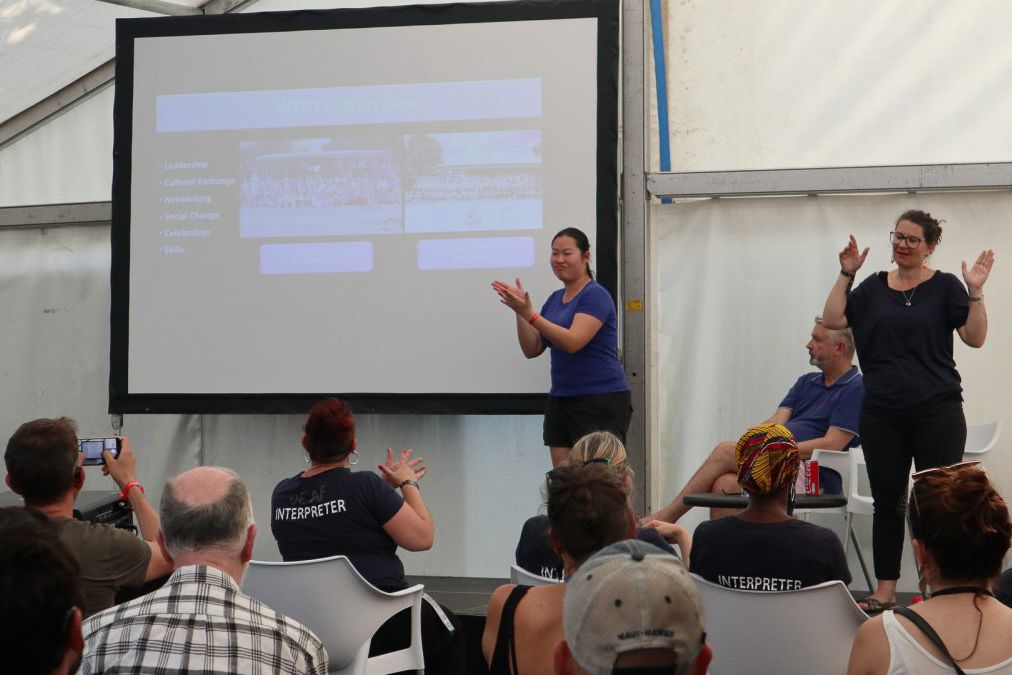
Going forward, Shirley says she would like to see more work from all stakeholders to “close out the loopholes” that continue to prevent consistency in ensuring equal information access for the Deaf community.
She identifies one of the major remaining hurdles as the Broadcasting Services Act (the standards and codes for TV and radio broadcasters), which lacks any legal enforcement for the inclusion of interpreters.
“The communication act and the disability act does not include Auslan as one of its listed languages, which creates another loophole for access,” Shirley says. “I would like to see the government include access as a standard, not wait for the community to advocate and ask. We see information translated into other languages such as Chinese and Spanish, so why not Auslan?”
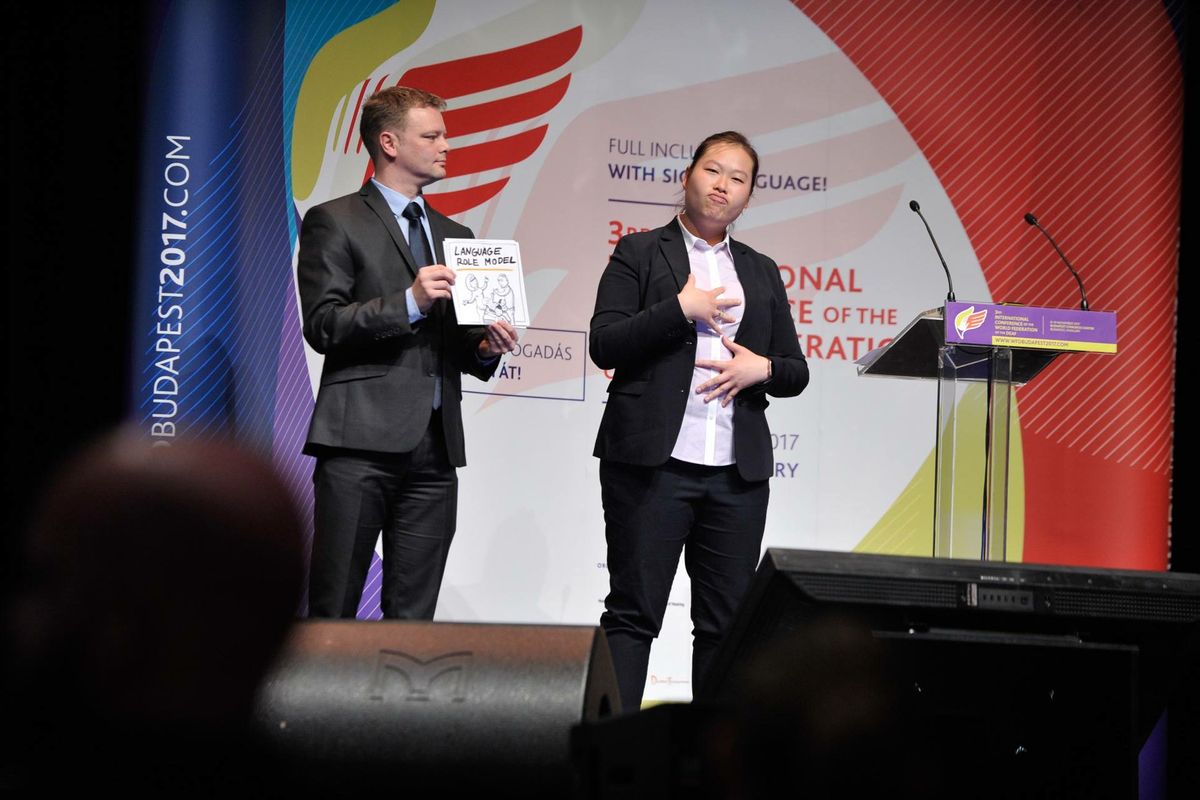
Shirley says there are a number of ways people can support the Deaf community in times of crisis, especially the current COVID-19 situation, including ongoing personal advocacy (“if you’re watching a live broadcast about COVID-19 without an interpreter, ask why they’re not there. If the interpreter is there but not in shot, ask why not!”), supporting credible and accessible sources of information, and simply taking a moment to understand what it might be like to be going through an international emergency without being able to understand the information the government is giving you.
Shirley gives an example of a recent press conference with Prime Minister Scott Morrison where an issue arose with the audio on the live stream.
“There were so many complaints in the comments,” Shirley remembers. “This hopefully gave the mainstream community a small insight into what it’s like when information isn’t available in a language you understand!”

We would love to hear from you
We would love to know what you think about The Deaf Lottery!
1800 77 36 78
All times displayed in your local timezone unless stated otherwise. Deaf Lottery is in aid of the charitable services of Deaf Services Limited T/A Deaf Connect (ABN 62 118 664 298) and is located at Level 5, 88 Tribune Street, South Brisbane QLD 4101, Australia.



